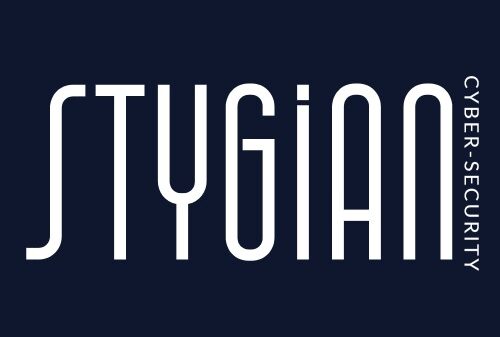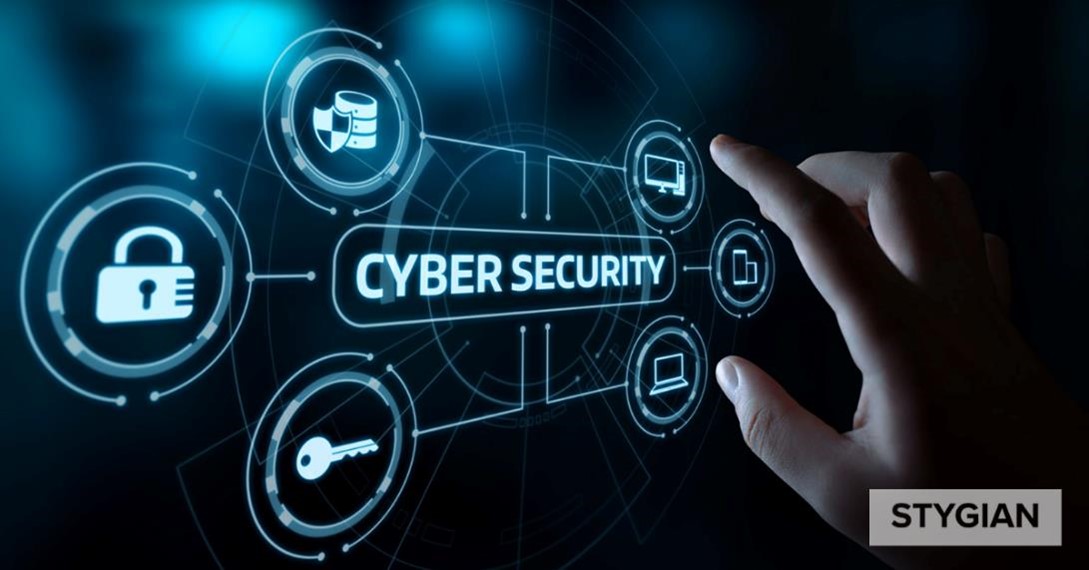Mastering Online Safety: A Guide for Cyber Beginners
In the vast realm of the internet, every click and scroll matter. Whether you’re casually browsing your favourite websites, conducting business, or chatting with loved ones, your digital safety is paramount. Navigating the online world can feel like treading in uncharted waters, with potential cyber threats lurking around every corner. But fear not! ‘Cyber Security For Beginners: How To Stay Safe Online’ is your compass. Dive into this guide to understand and implement the fundamental measures that ensure a secure online experience.
Keep Your Software Up to Date
One of the simplest things you can do to protect yourself online is to keep your software up to date. This includes your operating system, web browser, and any other applications you use regularly. Software updates often include security patches that address vulnerabilities that could be exploited by cyber criminals.
Use Strong Passwords
Using strong passwords is another essential step in protecting yourself online. Make sure to use unique, complex passwords for each of your accounts, and avoid using easily guessable information like your name or birthdate. Consider using a password manager to generate and store your passwords securely.
Be Careful What You Click On
Phishing emails and other social engineering tactics are common ways that cyber criminals try to trick people into giving away their personal information. Be cautious of emails or messages from unknown senders, and avoid clicking on links or downloading attachments from sources you don’t trust.
Use Two-Factor Authentication
Two-factor authentication adds an extra layer of security to your accounts by requiring a second form of identification, such as a text message or fingerprint scan, in addition to your password. Whenever possible, enable two-factor authentication for your accounts.
Keep Personal Information Private
Be careful about what personal information you share online. Avoid sharing sensitive information like your social security number or credit card details unless it’s absolutely necessary, and be cautious of public Wi-Fi networks or other unsecured connections that could put your information at risk.
Backup Your Data
Regularly backing up your important data is an important step in protecting yourself from cyber threats like ransomware. Make sure to store your backups in a secure location and test them regularly to ensure they’re working properly.
Stay Informed
Finally, staying informed about the latest cyber threats and best practices for staying safe online is crucial. Follow reputable sources of information like industry publications, cybersecurity blogs, and government agencies like the National Cybersecurity Alliance.
Conclusion on Cyber Security For Beginners
Cyber security is a critical aspect of our online lives, but it can be overwhelming for beginners. By following these basic tips, you can take important steps to protect yourself from cyber threats and stay safe online. Remember to keep your software up to date, use strong passwords, be cautious of what you click on, enable two-factor authentication, keep personal information private, backup your data, and stay informed. With these best practices in mind, you’ll be well on your way to being a savvy and safe online user.
Stygian Cyber Security can help you secure your organisation against threats, ensure compliance and provide you with peace of mind with our range of cyber security solutions.
We’re a friendly and knowledgeable team, so have a browse or give us a call –we’re ready when you are.
This information is licensed under the Open Government Licence v3.0 except where otherwise stated.

